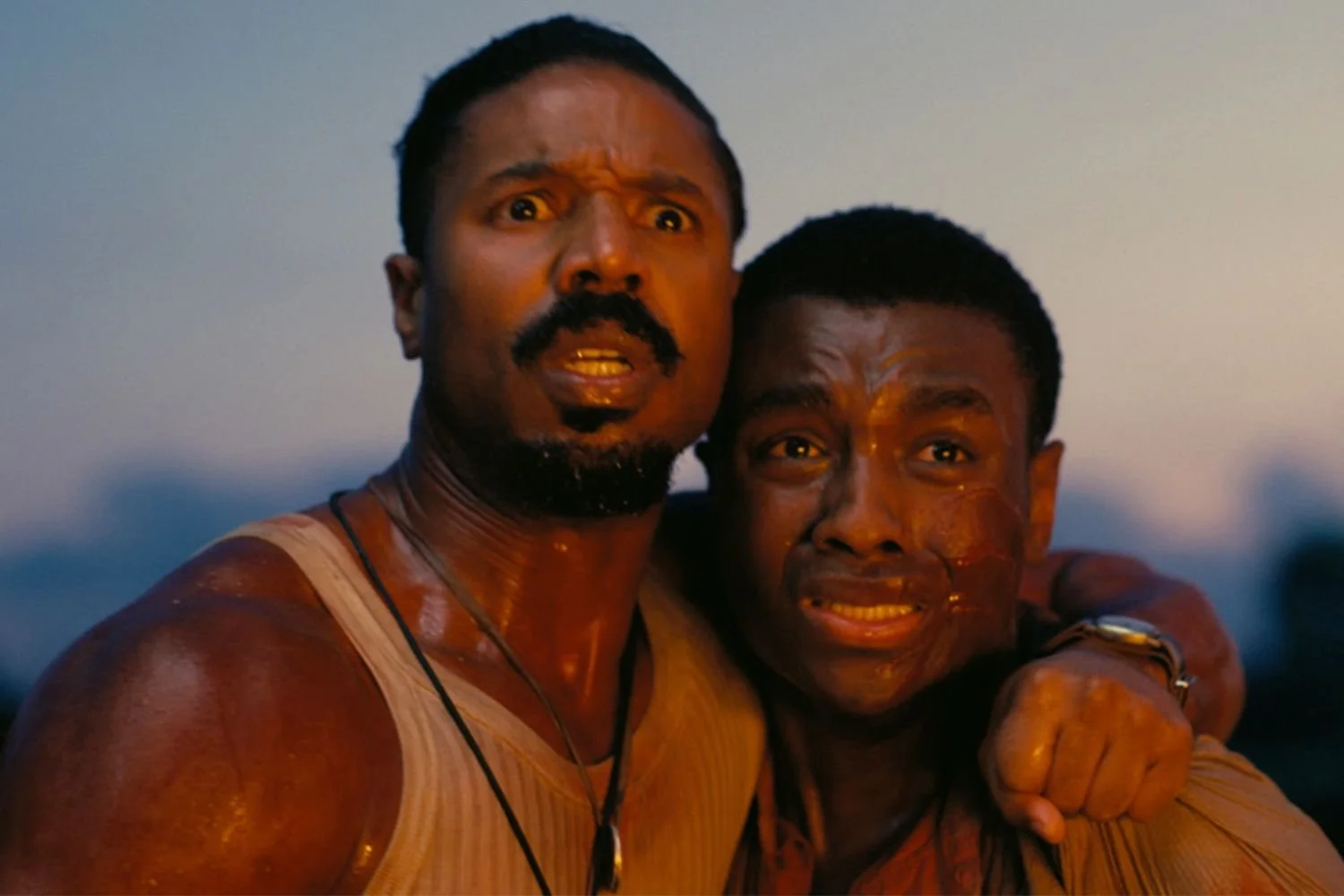Grief, Loyalty, and the Cost of Survival
(with reflections from Sinners 2025)
When we talk about trauma, we usually talk about fear. About anger. About shame.
But there's a stickier layer survivors know all too well:
Loyalty to the people who hurt us.
Grieving the dreams that never came true.
In Sinners (2025), Samuel and Smoke don’t just show us what survival looks like — they show us what happens when grief and loyalty get so tangled that it feels like dying to let go.
(And let’s be honest — some of us were out here crying in the club over fictional characters because the emotional accuracy? Top tier.)
Samuel: Grieving the Protector Who Never Protected
Samuel’s loyalty to Stacks isn’t blind.
It’s grief with a heartbeat.
Stacks was supposed to be the protector. The leader. The one who kept the community safe.
Instead, he turned power-hungry, cruel, and careless.
And Samuel saw it — but still hesitated.
Because leaving Stacks would mean letting go of the idea of safety, the hope of brotherhood.
And that's one of trauma’s cruelest tricks:
"I love you, but you broke me."
"I need you, but I can’t trust you."
Samuel isn’t stupid.
He’s grieving.
He’s mourning the man Stacks should have been — and grieving is so much harder when what you lost was never fully real to begin with.
Smoke: Hardening Into Survival Loyalty
Now Smoke?
Smoke said, “Grieve? I don’t know her.”
Instead of feeling his grief, he let it calcify into control.
He didn't stay loyal to Stacks because he believed in him — he stayed because he believed betrayal was inevitable everywhere.
So why not stick with the devil he knew?
Smoke’s loyalty wasn’t about trust.
It was about fear. About predictability. About at least knowing where the knives were coming from.
"Better the devil I know than the loneliness I fear."
In a world that taught him love = pain, Smoke chose the pain he could predict.
(And honestly? Some of us have been there, ordering the same heartache on DoorDash because it’s easier than risking an unknown menu.)
Trauma Binds: How Love, Grief, and Harm Get Tangled
Both Samuel and Smoke are grieving — they just show it differently.
And both remind us:
Trauma can tangle grief and loyalty until we don’t know where one ends and the other begins.
Healing asks us to honor the grief — without reattaching to the harm.
You can love someone and still need to walk away.
You can grieve what could have been without gaslighting yourself about what actually was.
You can miss the dream without crawling back to the nightmare.
Now Let’s Get Even More Real:
What About When White Supremacy Is In the Mix?
For Black folks, Indigenous folks, and people of color, navigating loyalty and grief isn't just a personal wound — it’s a systemic setup.
When you’re raised inside a system that tells you over and over:
Your survival is conditional.
Your safety is negotiable.
Your community is disposable.
It gets even harder to know when (and how) to let go.
White supremacy doesn’t just harm individuals. It fractures families. It breaks communities. It makes betrayal normal and neglect expected.
It teaches us early that "loyalty" might mean swallowing harm for the sake of “keeping the peace” — or worse, for survival.
So when someone like Samuel hesitates to leave Stacks, it isn’t just personal grief — it’s centuries of survival muscle memory firing at once.
Healing for us means untangling not just our personal loyalties, but also the ancestral scripts written by survival under oppression.
No small task.
(But guess what? If you're reading this, you're already doing the sacred work.)
Healing Is Learning to Hold Both
Healing doesn’t mean pretending you never loved the people who failed you.
It doesn’t mean pretending you aren’t still angry sometimes.
It means holding the grief and protecting your future.
It means loving yourself enough to say:
“I deserved better.”
“I can miss you and still leave you.”
“I honor what was good — and I refuse to stay for what is not.”
You’re not broken for the way you loved.
You’re not wrong for the way you survived.
You’re just ready for something softer now.
Something safer.
Something sacred.
Your loyalty belongs to your healing, not your harm.


